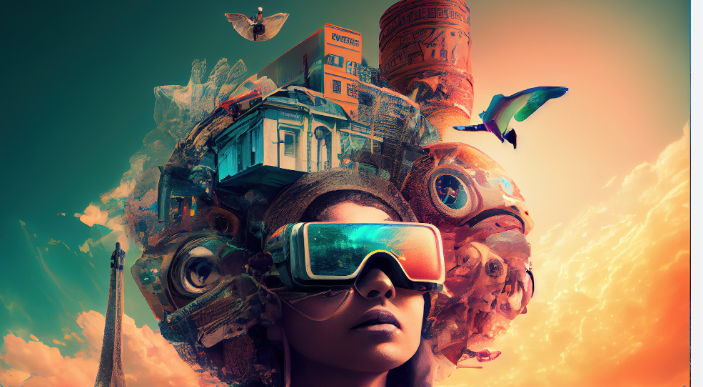AI’s Growing Role in the Video Game Industry: Job Displacement on the Rise

Artificial intelligence (AI) is rapidly reshaping the video game industry, leading to significant changes in job dynamics. As AI technology advances, it’s increasingly being used to perform tasks traditionally handled by human workers, from game design to quality assurance.
Game development studios are leveraging AI to streamline various aspects of the creation process. AI algorithms can now generate game levels, design characters, and even write narrative scripts, tasks that once required extensive human labor. This automation allows studios to produce content more efficiently and at a lower cost.
John Simmons, a senior developer at a major gaming company, shared his perspective on the shift. “AI tools have become indispensable in our workflow. They help us meet tight deadlines and reduce production costs. However, it’s clear that this technology is also changing the job landscape in our industry,” he noted.
One area where AI has made significant inroads is in quality assurance (QA). Traditionally, QA testers play through games to identify bugs and glitches, a labor-intensive process. Now, AI-driven software can simulate thousands of gameplay scenarios, detecting issues much faster than human testers. While this improves efficiency, it also reduces the need for large QA teams.
The impact of AI extends to other roles as well. For instance, procedural generation, a technique powered by AI, allows for the automatic creation of vast, complex game worlds. This reduces the demand for level designers, who would otherwise craft these environments manually.
Despite the advantages, the rise of AI in the video game industry has sparked concerns about job displacement. Many industry professionals worry about the long-term implications for their careers. Sarah Lewis, a character artist, expressed her apprehensions, saying, “While AI can handle repetitive tasks, it can’t replicate the creativity and nuance that human artists bring to character design. But it’s hard not to worry about our job security.”
However, some experts argue that AI can complement human creativity rather than replace it. They suggest that AI tools can handle routine tasks, allowing developers to focus on more innovative and creative aspects of game design. This collaboration could potentially lead to a new wave of creativity in the industry.
As AI continues to evolve, its role in the video game industry is likely to expand. Companies will need to balance the benefits of automation with the potential impact on their workforce. The challenge lies in integrating AI in a way that enhances human creativity while mitigating job displacement.
The future of the video game industry will depend on how well it can adapt to these technological advancements. Embracing AI’s potential while supporting and retraining affected workers could pave the way for a more sustainable and innovative future in game development.





